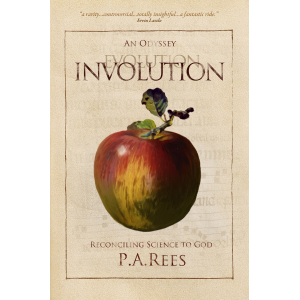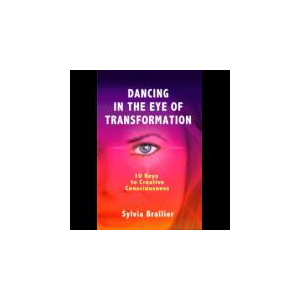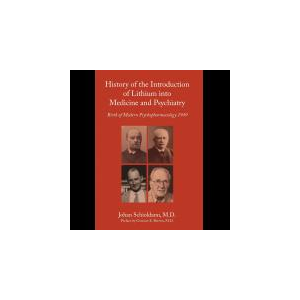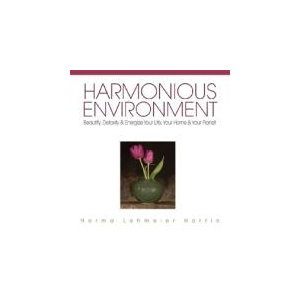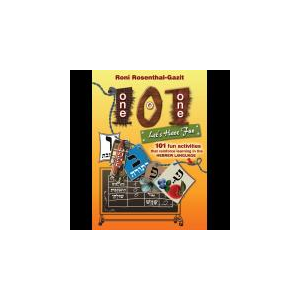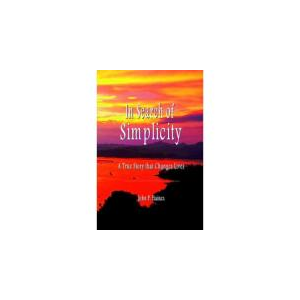Kleptomaniac: Who's Really Robbing God Anyway?
"Kleptomaniac: Who's Really Robbing God Anyway" authored by Dr. Frank Chase Jr is a meticulously researched, insightful and thought-provoking book that challenges long-standing beliefs and practices surrounding the act of monetary tithing and giving and raises critical questions about the nature of financial contributions within the context of faith and the historical roots of monetary tithing.
For centuries, religious institutions have taught their followers about the importance of tithes and offerings as a means of honoring and serving a higher power. The faithful have dutifully contributed a portion of their earnings, often ten percent, to support their places of worship, the clergy, and various charitable causes. This act of giving has been instilled with a sense of righteousness, duty, and divine obligation, and countless believers have faithfully adhered to this practice.
As the narrative unfolds, "Kleptomaniac" dives into the present-day realities of tithing, discussing its prevalence in various religious denominations and the impact it has on the lives of both congregants and religious leaders. Dr. Chase examines the ways in which tithing has been used, or misused, to manipulate and control believers, and how it has sometimes created financial burdens for struggling individuals and families. Readers are confronted with eye-opening revelations about the historical context of tithing and its evolution over time. The book examines the various interpretations and misinterpretations of religious tithing texts that have led to differing viewpoints on tithing within different faith traditions.
The book traverses ancient biblical tithing texts to explore and uncover the historical origins and evolution of tithes and offerings by tracing its roots back to ancient times when tithing was a land-based system of crops and livestock to support biblical Levites and the poor and how that land-based system of tithing morphed into a monetary system to support religious institutions and clergy. Dr. Chase examines biblical texts and religious traditions, shedding light on the scriptural interpretations and misinterpretations that have shaped contemporary tithing practices. He draws from historical records, extensive research and in-depth biblical analysis and interpretations, and presents a comprehensive analysis of how the authentic biblical tithe of crops and livestock evolved and over time and got commuted to the monetary tithing monstrosity it has become today. He also details how the tithing doctrine shapes religious institutions and influences believers for good and for bad and presents a compelling case that challenges the conventional teachings on monetary tithing.
While "Kleptomaniac: Who’s Really Robbing God Anyway?" challenges traditional monetary tithing paradigms, it does not aim to discourage giving but instead advocates for a more thoughtful, informed and accurate biblical approach and understanding of what tithing really is. The book encourages readers to question established tithing norms, seek transparency in their religious organizations, and engage in meaningful discussions about the role of money and spirituality.
The the book discusses the idea of whether God is truly being robbed by those who do not monetarily pay tithes as religious leaders claim. Dr. Chase encourages readers to critically assess the motivations behind modern monetary income tithing and the resulting consequences on both personal finances and the larger religious community.
Moreover, "Kleptomaniac: Who Really Robbing God Anyway?" invites readers to question the status quo – to engage in open, respectful dialogue with religious leaders and fellow congregants about the real meaning of tithing. Reading the book will encourage you to challenge long-standing beliefs, seek clarity in your own spiritual journey, and pursue a balanced, compassionate, and authentic approach to New Testament giving.
In the end, "Kleptomaniac: Who's Really Robbing God Anyway?" serves as a catalyst for reevaluating long-held beliefs and practices surrounding tithing and offers readers a fresh perspective on how they can support their faith communities responsibly and authentically. The book is revelatory, challenges long-held beliefs and prompts readers to question the traditions they’ve been taught about monetary tithing. It empowers individuals to reclaim their agency over their faith and financial decisions, providing a fresh perspective on spirituality, giving, and the true essence of religious devotion. With its insightful analysis and thought-provoking arguments, the book sparks important conversations about the intersection of tithing religion, finance, and personal beliefs in contemporary society.
In conclusion, “Kleptomaniac: Who’s Really Robbing God Anyway?” whether a believer or a skeptic, is a book that is an essential read for anyone seeking to explore the intricate relationship between money, faith, giving and true tithing.
The Story Behind This Book
The story behind Kleptomaniac: Who’s Really Robbing God Anyway is a 30-year unfolding tale of suspicion, intrigue and questions. It all started innocently when I first became a believer in the Messiah. One of the doctrines I first became indoctrinated to was the practice of paying ten percent of my income to the institutional church as a command from God. As the years passed by I began to question this financial obligation. Although it was tough to pay this kind of money, I dutifully kept my obligation to pay God ten percent no matter the circumstances. Even in the face of not being able to pay my bills and in some cases feed my family, I paid God what He required through His representative on earth—the Church—the tithe of ten percent in hopes of receiving a blessing for my commitment as taught from the scriptures by pastors who relied on Malachi 3:8-10 as the tithe mandate. As the years passed by I began to notice the windfall financial blessing I hoped to receive from God never materialized. The abundance that was to overtake me financially somehow escaped my grasp. After 30 years of paying ten percent of my income as a so-called tithe to God, questions grew in my heart as financial struggles mounted. As I paid tithes over and over without financial relief, I eventually suffered bankruptcy. About several years ago, I began to investigate tithing on a deeper theological and scholastic level out of a need to try to find some financial relief from tithing. Kleptomaniac: Who’s Really Robbing God Anyway began with a probing question. What is tithing? By this time, I was a member of a church group that taught heavily on tithing and even suggested that all tithes must be paid on gross income before taxes to receive God’s blessings. And before you ask whether I succumbed to the pressure to of paying tithes on gross income, the answer is yes. And this went on for several years, which almost lead to going bankrupt again. The book came into fruition as a result of a conversation with my x-pastor about the belief system of Jewish people. At that point, the subject of tithing came into the conversation, which prompted me to inquire of Jewish experts about what the Bible teaches about tithing monetary income. My first shocking discovery about monetary tithing came from a Jewish Rabbi’s point paper on giving to God. As I read through the document I wept tears of joy, but when reality set in, I became angry. What I thought was tithing for 30 years turned out to be not so accurate. As it turned out, tithing is in the Bible, but tithing money was not in the Bible. As I got over the initial shock, I thought I perhaps needed to do more research to verify my initial discovery. And so I went on a research journey and read my first two books on tithing. The information contained in those books blew up my so-called theology on tithing like an IED and created immediate cognitive dissonance in my tithing belief system. Now, I was faced with a theological decision about what I would do about my newfound information. My first action was to write my church leadership about my decision to resign from monetary tithing and to take sabbatical leave to go on a yearlong study of the subject and come back with an empirical analysis on what tithing is in the Bible. Needless to say, my decision did not go well and the struggle for truth began. Even as I stepped down or was removed from leadership depending on who you talk to, fellowship with this church became more difficult because leadership felt I became a financial threat to the bottom line if the congregation discovered what I had learned about tithing. In the end, I was indirectly excommunicated from that church. After leaving that institution, I began studying tithing and compiled 117-page power point study and sent my finding to the church. Kleptomaniac: Who’s Really Robbing God Anyway started as a power point study and expanded into a 400 page theological manifesto based on empirical, academic, scholastic research that went from the church America to the land of Israel. In that journey, I discovered that tithing monetary income is not contained on the pages of the Holy Bible, nor was it ever uttered from the mouth of God that a tithe is ten percent of a person’s income.

